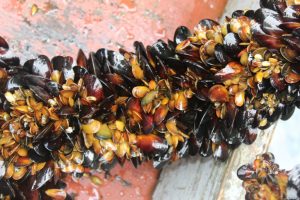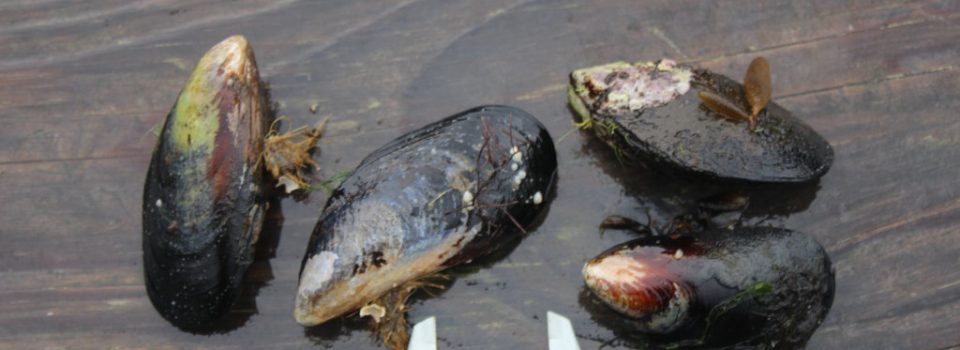SIAM 2020 Mitiliculture Applied Research Seminar accounts IFOP researchers participation
November 16th, 2020
On November 12th, 19th and 26th, ” SIAM 2020 VI Seminar on Research Applied to Mythiliculture” will be heldby Zoom videoconference platform ; organized by Mitiliculture Technological Institute (Intemit), Mitiliculturists Chilean Association (AMiChile) and Regional Strategic Program (PER) for Los Lagos Corfo Mitiliculture Industry.
About the activity David Opazo explained “the Seminar is a scientific dissemination initiative organized by Mitiliculture Technological Institute (INTEMIT) since 2015. Its purpose is to convene national researchers who develop mussel farming studies in an annual event, so that they present their results to an audience made up mainly of mussel farming sector members . This will be the first version in online mode, after carrying out the first 6 previous editions in the city of Castro, Chiloé.
IFOP Presentations
On November 12th from 3:00 p.m., Fisheries Development Institute researchers MSc. Elías Pinilla with Chonos presentation: Environmental modeling system, highlights work carried out by Castro Oceanography and Climate group, on research they carry out in Patagonia fjords, mainly through numerical models used to describe Chilean southern zone atmospheric and oceanographic characteristics and how these can influence aspects related to aquaculture and in which case it has been systematized through an environmental information platform called CHONOS (chonos.ifop.cl)
MSc. David Opazo will also be presenting on the 12th, Natural larvae supply for mytillid seeds capture presentation in Los Lagos region.
It will focus on mitilid larvae abundance variations description recorded at different sites in Los Lagos region by IFOP monitoring program.
On Thursday, November 19th from 3:00 p.m., Dr. Oscar Espinoza González, CREAN-IFOP, will present the talk: HABs study Operational and research actions in south-central Chile: current status and challenges, which will address development, maintenance and projection aspects of HAB monitoring and follow-up programs and marine toxins between Biobío to Magallanes regions of (36 ° – 55 ° S), as well as research execution, dissemination and challenges. This scientific study is carried out at Fisheries Development Institute’s Study of Harmful Algae Center (CREAN).
